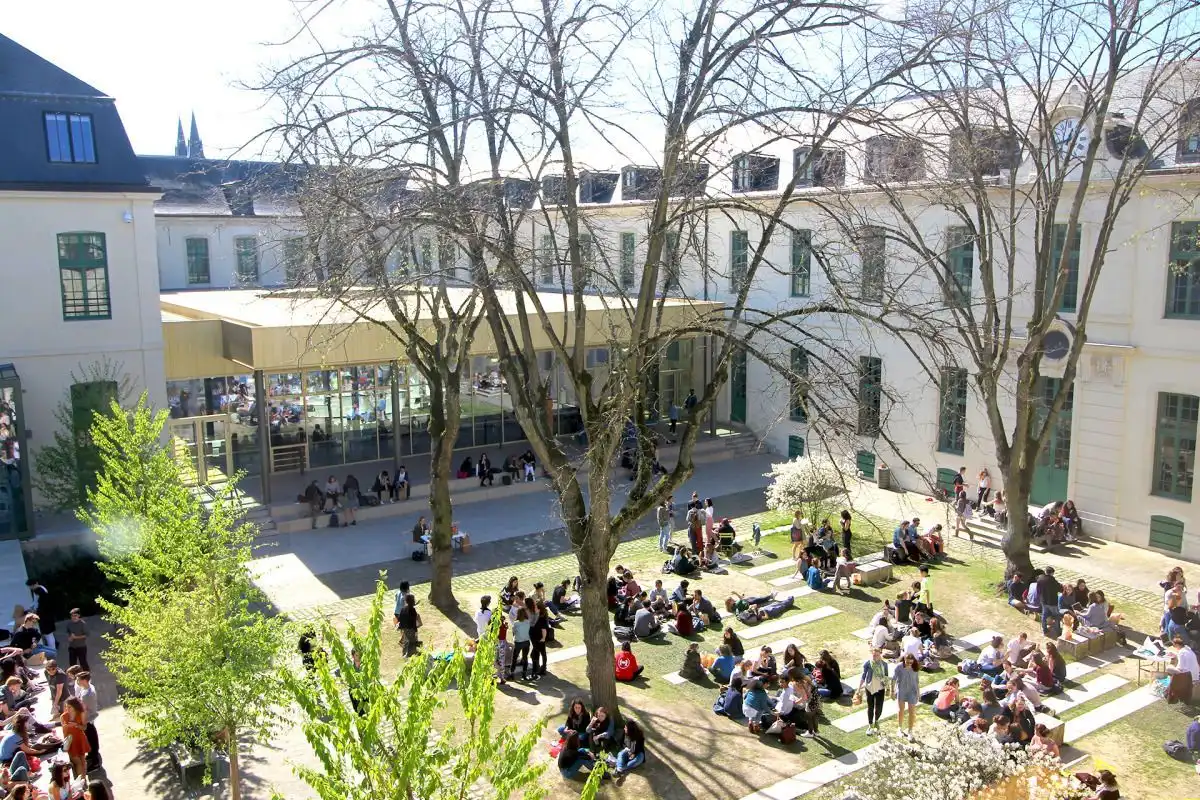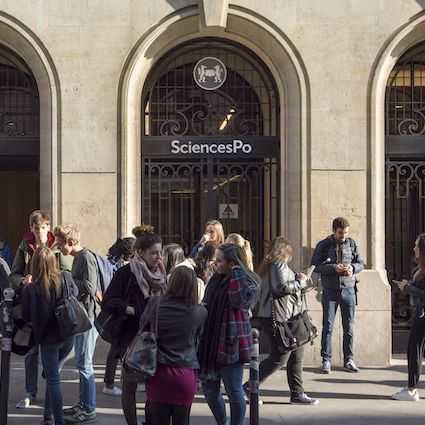
Home>Undergraduate>Which procedure?
Undergraduate Admissions: which procedure corresponds to your situation?
Virtual Undergraduate Open House days - 29th November 2025

Discover Sciences Po, our Bachelor's degree in the Humanities & Social Sciences and Admissions procedures! Meet the Campus Directors, the academic advisors and students form our 7 campuses.
At Sciences Po, we see each candidate as a singular individual with a unique combination of skills, interests and passions. We choose students for who they really are, and we want each and every one of them, regardless of their origins, secondary school, social and economic background or academic journey, to have the same opportunity to show their potential and convince our jury.
Eligibility Criteria
Our admissions procedures are divided into two pathways corresponding to the circumstances of each candidate. It is the responsibility of the applicant to find out which pathway applies to their circumstances at the time of applying.
Applications for the undergraduate programme at Sciences Po are subject to certain eligibility criteria. Accordingly, candidates are eligible to enter Sciences Po in the first year of the Undergraduate College if they are currently enrolled in study for a French Baccalaureate, or an equivalent foreign diploma of secondary education. They must be preparing to sit these assessments for the first time, over the course of the academic year underway.
Please note:
- Applicants who have obtained their Baccalaureate or equivalent foreign diploma in the 12 months prior to sending off their application may be permitted to apply, as an exception and on certain conditions. In particular, the candidate should not have been enrolled at another institution of higher education during all or part of these twelve months. This includes institutions offering preparatory classes for the Sciences Po admissions procedure.
- Candidates may only submit one application to the Sciences Po undergraduate programme.
- Candidates may only submit their application through a single admissions pathway.
Common expectations
Sciences Po Undergraduate College is a three-year first cycle education, made up of a network of seven campuses. The social sciences and humanities program is based on three pillars: academic excellence, international opening and civic engagement.
Each year, we recruit students who accomplished an excellent academic record in high school , who confirmed it with the end of year secondary examinations and are able to defend their motivation and personal project and to convince a jury during the oral examination.
Furthermore, they are able to:
- Demonstrate a certain knowledge of Sciences Po educative programme;
- Demonstrate a strong interest in social sciences and humanities;
- Be interested in French and international current events and contemporary issues;
- Be able to mobilize and bring together relevant knowledge;
- Show strengths at oral and written expression;
- Demonstrate intellectual curiosity and critical thinking;
- Show one’s capacity to develop a personal reflection;
- Be fond of innovation and multidisciplinarity;
- Master English language for English taught programs.
Different platforms for each admissions pathway
French and international secondary school students use different platforms depending on their situation and the chosen programme:
- Parcoursup for those preparing to sit the French Baccalaureate;
- The Sciences Po admissions website for those preparing a foreign secondary school diploma.
- Different admissions portals on our partner universities' websites.
How to prepare
Preparing to apply to Sciences Po begins in secondary school: it is the knowledge and working methods acquired in secondary school that are assessed, as well as candidates’ overall progress.
Finally, beyond academic performance, it is important to be familiar with Sciences Po’s general educational values, and those of the Undergraduate College in particular.
A selection of the best applicants
A commitment to selecting students with diverse talents has been at the heart of Sciences Po's educational principles since its creation. Our admissions procedure supports and reinforces our ambition to provide an education valuing openness, adaptability, critical thinking and the ability to build bridges between disciplines.
The admissions procedure also strengthens Sciences Po’s commitment to advancing equal opportunities through proactive policies, such as our Equal Opportunity Programme, launched twenty years ago and gives a fair chance to all applicants, in all their diversity and in whatever field they may excel.
Studying at the Undergraduate College

Academics:
A seven-campus network:
Fees & Financial Aid
Limited financial resources are not a barrier to receiving a Sciences Po education.
Nearly one in three students receives a full-fee scholarship.



